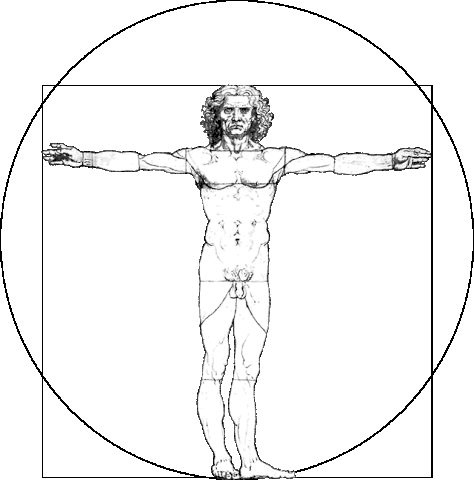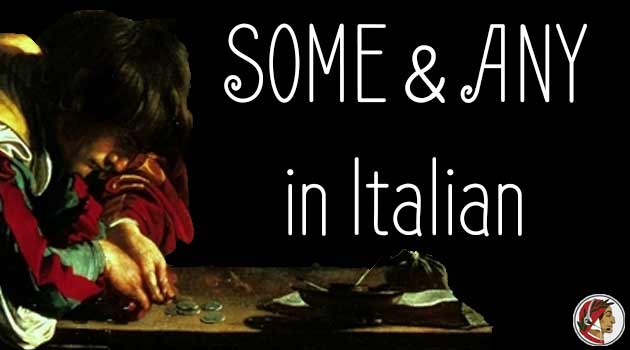Learn the most common ways to say some in Italian with a few examples. Solve the quiz at the bottom of this page
There are different ways to express the concept of some in Italian. The right choice may depend on the nature of the objects you want to describe. In Italian, just like in English, objects can be countable or uncountable
- Countable = we can put a number before. Un amico, due amici, tre amici, etc.
- Uncountable = we can’t count the object. Un po’ d’acqua, del vino, una fetta di pane, del burro.
Articoli partitivi – DI + ARTICOLO
That’s the simplest way to indicate some as parts out of a total, or a group of things or people. The grammar is rather simple: we combine the preposition DI and the definite articles IL, LO, LA, L’, I, GLI, LE.
With uncountable objects, we need the singular partitive articles in order to say some. Vorrei del vino means that I would like some wine. The following examples are simplified with I would like some… = Vorrei… Solve the quiz for more examples.
In other words:
VORREI…
- DI + IL … del pane.
- DI + LO … dello zucchero.
- DI + LA … della birra.
- DI + L’ … dell’acqua.
With countable nouns, we need to associate the plural partitive with the gender of the objects. For example:
VORREI…
- DI + I … dei libri interessanti
- DI + GLI … degli amici in Italia.
- DI + LE … delle scarpe nuove.
So you want some books, friends, new shoes.
Un poco di… Un po’ di…
Literally “A little of…”. It means some/a little (+ something). Un po’ is the short version of Un poco and it’s way more common. Again, singular for uncountable, plural for countable.
VORREI…
- … un po’ di rispetto.
- … un poco di pasta.
- … un po’ di piante nuove.
- … un po’ di fiori freschi.
Qualche
We can use Qualche as some / a few ONLY with countable nouns. We can’t say Vorrei qualche acqua. Qualche indicates a plurality, like in English (“a few friends”) but in Italian we use the noun as singular: Qualche amico lit. “a few friend”. Qualche is invariable, it does not change with masculine or feminine nouns.
- Vado a cena con qualche amico.
- Ho preso qualche giorno di vacanza.
- Comprerò qualche pera al supermercato.
As you can see, quiche is always followed by a singular noun when in fact represents a plural quantity. That’s a rule, don’t forget it.
Alcuni, alcune
Same as qualche (some, a few). We use these two with countable nouns, but as plural masculine or feminine. We can change the examples of Qualche as:
- Vado a cena con alcuni amici.
- Ho preso alcuni giorni di vacanza.
- Comprerò alcune pere al supermercato.
Alcuni /Alcune / Un po’ + NE
We can use Alcuni, Alcune (countable) and Un po’ (uncountable) as pronouns (replacing the name of an object) with the help of the particle NE. We know that NE is so versatile that can be confusing. Hopefully, the next few examples will help.
- Ci sono dei giapponesi a Firenze? – Ce ne sono alcuni (there are some).
- Avete delle domande? – Ne abbiamo alcune. (We have some).
- C’è del vino in cantina? Ce n’è un po’. (There’s some).
That’s all for today. Please solve the quiz and let me know if you have questions. Alla prossima!
If you are on a mobile device, flip it horizontally
- 1
- 2
- 3
- Answered
- Review
-
1. Question

“SOME” IN ITALIAN
Drag & drop the correct partitivo from the list to the right column below
VORREI…
Sort elements
- fragole
- giornali
- carne
- zenzero
- formaggio
- aglio
- alberi
-
dello
-
della
-
degli
-
delle
-
del
-
dell'
-
dei

